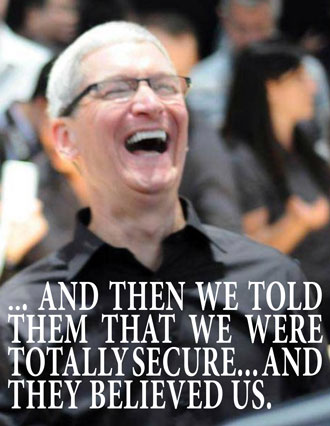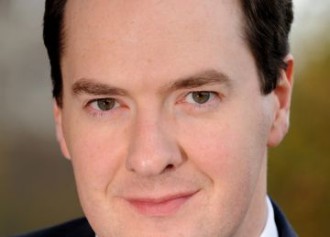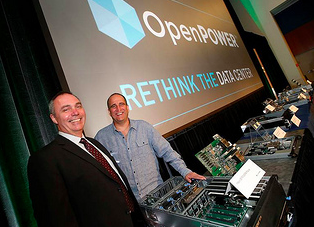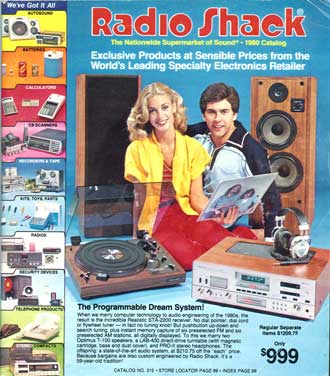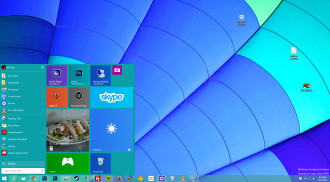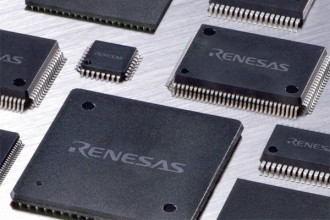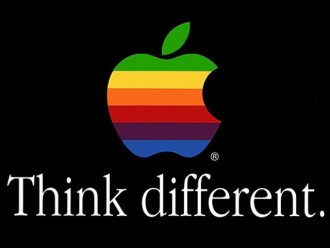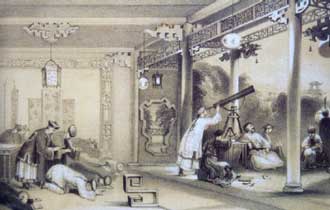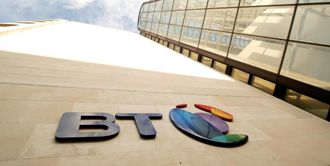 UK regulator Ofcom said that from the 1st of April, BT will have to maintain a margin between its wholesale and retail superfast broadband that’s enough to allow competition from other providers.
UK regulator Ofcom said that from the 1st of April, BT will have to maintain a margin between its wholesale and retail superfast broadband that’s enough to allow competition from other providers.
The regulator said that the rules will allow BT to keep its current flexibility to set its own wholesale fibre prices but it must not set those prices in a manner that will stop others from matching its prices and making a profit.
While BT is the biggest retail provider of fibre broadband services, it is forced under regulation to let other operators sell superfast broadband to ordinary people too, using a process dubbed virtual unbundled local access.
Ofcom seems happy enough that BT is, at the moment, allowing other companies to compete in the superfast market but wants to make sure that continues in the future.
What’s triggered Ofcom’s interest is that BT is a new entrant to the sports content market and gives BT Sport free to superfast broadband customers. The regulator wants to make sure that it doesn’t have an unfair advantage over the competition.
The number of people using superfast broadband in the UK is now 3.7 million, with providers offering speeds of up to 76Mbit/s. The industry eventually wants to offer speeds of up to 1 Gbit/s in the future.



